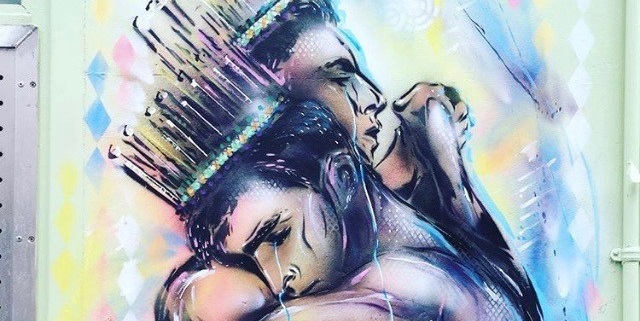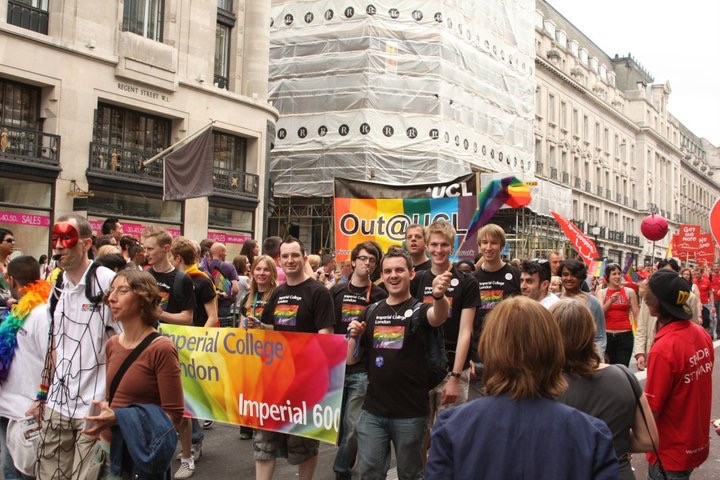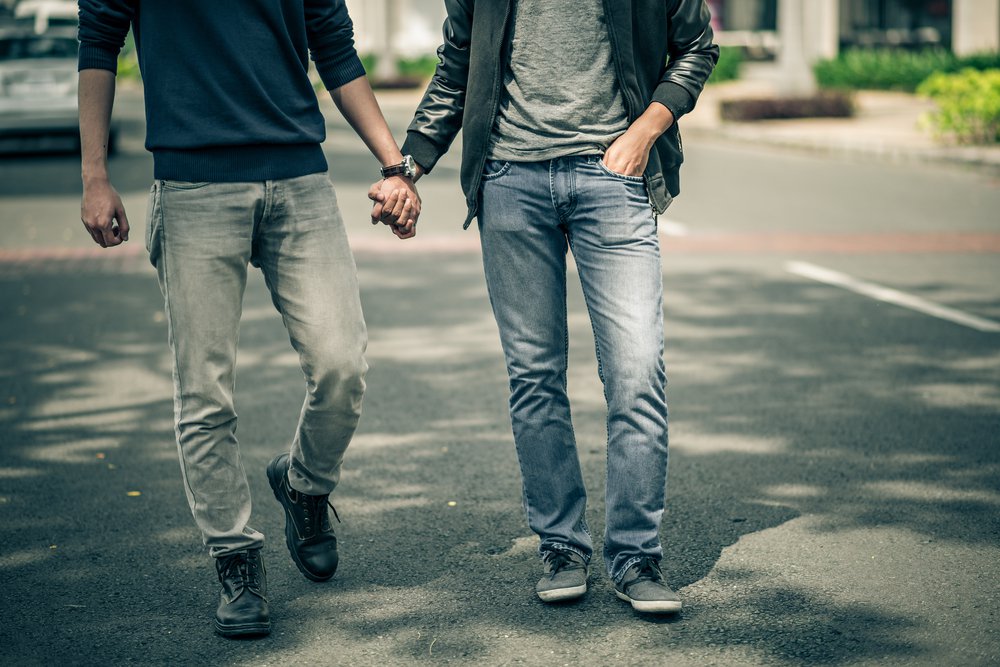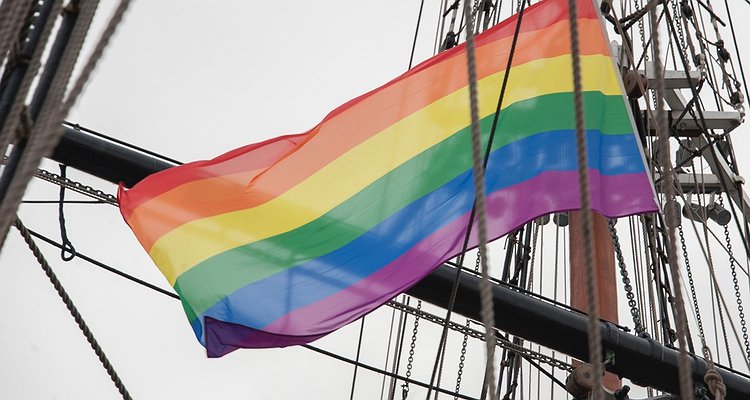‘Homophobia isn’t a monster we’ve slayed, but an illness we have to treat repeatedly’ (Opinion)
Our LGBTQ+ community should be embracing its rich and diverse past, writes Nick Coveney.
By Will Stroude

Photo of mural in Dean Street, Soho 2016
This year marks half a century since Gilbert Baker unveiled the rainbow flag as a signifier for the LGBT+ community.
Fifty years on its resonance as a symbol should be studied, and celebrated, by the whole of our diverse community.For while it’s wonderful that a new chapter in our story is in the making, we shouldn’t be ignorant of the complicated journey that got us here or take its continuance for granted.
In the context of the centenary of the Representation of the People Act 1918 – where women’s suffrage finally saw some women able to vote (though only the reliable, wealthy, wedded 30-somethings) – we are seeing national celebrations and dialogue about those achievements.
Yet, in the same year, we are seeing scandals emerging through the #MeToo movement’s exposing of sexual harassment, and high-profile companies criticised for gender pay gaps.
It’s never quite over, you see.
Times may have changed for most us in the LGBQ tent lucky enough to live in liberal democratic societies (though Trans people are still woefully under-represented) and huge strides have been made to improve the lives of LGBTQ+ people.
In the UK, for example, we can now:
· Legally exist;
· Expect to be protected by rather than victimised by the Police;
· Demand to be treated fairly at work;
· Find schools incentivised not to ignore homophobia, but to tackle it;
· Marry a same-sex partner.
And, of course, we have incredibly vibrant celebrations across the world at Pride festivals and parades through major cities.

But in rural communities there are still serious issues around safety and acceptance – the queer party scene in London might be booming, but what about in Plymouth, Barnsley or Newcastle – could a same-sex couple walk hand-in-hand safely?
History does not exist in a vacuum and progress does not top itself up automatically. As the awful anti-gay propaganda bill in Russia and the ban on trans servicemen and women in the US show, societies heading towards equality can go backwards.
Just look at the incredibly depressing news which hit last week: Bermuda has become the first country in the world to repeal same-sex marriage. Our hard-fought rights can be downgraded on the whims of politicians attempting to prioritise popularity over equality.
In some parts of the world it remains illegal (and dangerous) to have same-sex partners – so the fight goes on for our global family. Homophobia, like all irrational prejudices, is ingrained deep – it isn’t a monster we’ve slayed but an illness we have to treat repeatedly.
There is undoubtedly a problem with ageism, racism and other ugly “isms” in the LGBTQ+ community. Some younger people care not for the battles of old, some older commentators are dismissive of young ‘scene queens’.
But as one of my favourite (and implied homosexual) literary characters, Albus Dumbledore, once said: “Youth cannot know how age thinks and feels. But old men are guilty if they forget what it was to be young.” Which is true, whatever Dumbledore’s sexuality was at the time.

But while intolerance of innocence and youthful enjoyment is shameful, so is deliberately excluding anyone above an age bracket because they don’t fit your comfort zone.
This is a lesson all in the community need to learn – there is a rich seam of pioneers, artists, activists, authors, scientists and just ‘regular’ LGBT+ people whose struggles have paved the way for the society we’ve inherited.
How does knowing that some incredible icon fought for your right to party lessen the enjoyment? If anything, it should make us party harder and with purpose.
Scars might be irrecoverable, but they show resilience and strength, they’re a living legacy of a struggle which informs the future. It’s important to remember all of the stories we didn’t hear first-hand, often because – like persecuted minorities across the world – the gay men who were branded with the pink triangle and systematically tortured by the Nazis in WWII were silenced by their oppressors wherever possible.

Above image courtesy of Royal Museums Greenwich
I wouldn’t like to presume what any LGBT+ cultural hero would do with their evenings, but I’d like to think that if I bumped into one I’d be capable of listening and learning, so we could have a wild night out on the tiles regardless.
History is important to everyone on the planet, as a way of understanding our past and informing our future. As free people, whether you choose to actively study LGBT+ history or not is a personal choice – but let’s not pretend it’s a chore or difficult, because that idea demeans us all.
This LGBT History Month let’s try to discover, and stay curious about, our unique community’s incredible cultural heritage, and contribute as much as possible. So, in fifty years’ time, there’s even more reason to wave that flag.
Nick Coveney works in publishing and is co-chair of @PrideInPub you can follow him @nmjcoveney.
